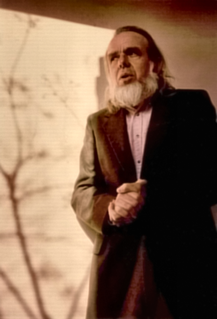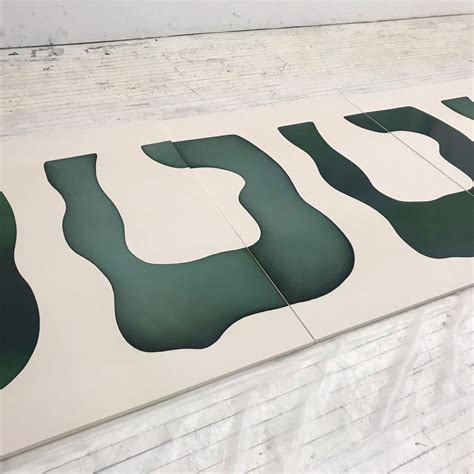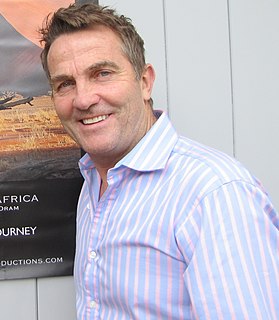A Quote by Theodora Goss
Perhaps it’s when you come to the realization that the point of life isn’t to be rich, or secure, or even to be loved - to be any of the things that people usually think is the point. The point of life is to live as deeply as possible, to experience fully. And that can be done in so many ways.
Related Quotes
I strive to live with passion and not to be desensitised to life. Things matter to me. You’ve got to live like that. Otherwise what’s the point? It’s not possible to please everyone and there is no point in trying to be what other people think you should be. For me, it’s important to be who I am, not just to be different but to be as authentic as I can be.
Before I was a Discordian, I took life much too seriously. When you take life too seriously you start to wonder what the point of it all is. When you wonder what the point is in life, you fall into a trap of thinking there is one. When you think there is a point, you finally realize there is no point. And what point is there in living like that? Nowadays I skip the search for a point and find, instead, the punch lines.
Bypasses are devices that allow some people to dash from point A to point B very fast while other people dash from point B to point A very fast. People living at point C, being a point directly in between, are often given to wonder what's so great about point A that so many people from point B are so keen to get there and what's so great about point B that so many people from point A are so keen to get there. They often wish that people would just once and for all work out where the hell they wanted to be.
I don't feel like my work is impersonal - it is, in many ways, a reflection upon me - but that's ultimately not the point. I'd rather each piece be seen as part of a larger experience, and that each installation be approached as a point of departure. As open as I am trying to keep things in my practice, I want the audience's experience to be as well. That's what keeps things existing.
A mid life crisis is nothing but getting to the point where you go, have I done what I wanted to do? Am I living the life that I want to live? Am I appreciating what I have? If you don't get to that point developmentally, you're not doing it correctly. The people who get to that age and haven't reassessed usually haven't faced the fact that that's where they are.
A major function of fundamentalist religion is to bolster deeply insecure and fearful people. This is done by justifying a way of life with all of its defining prejudices. It thereby provides an appropriate and legitimate outlet for one's anger. The authority of an inerrant Bible that can be readily quoted to buttress this point of view becomes an essential ingredient to such a life. When that Bible is challenged, or relativized, the resulting anger proves the point categorically.
The first commandment for every good explorer is that an expedition has two points: the point of departure and the point of arrival. If your intention is to make the second theoretical point coincide with the actual point of arrival, don't think about the means -- because the journey is a virtual space that finishes when it finishes, and there are as many means as there are different ways of 'finishing.' That is to say, the means are endless.
I don't think we should just 'muddle through' and ignore the question of life's meaning. Or better, perhaps, I don't think it is a question that can be ignored once the business of asking about the worth and significance of what one is doing - one's work, one's pleasures, one's ambitions and so on - has got going. You can't at any point stop the urge to ask Tolstoy's questions, '... and then what?', 'What's the point of that?'.
An artist, in my experience, is a man or woman of unusual talent and peculiar, highly individual sensibility, with an independent and probably contrary mind, driven by mysterious passions for which another word is neurosis. In getting from point A to point B, the neurotic goes via point Q. It's in that roundabout that people are either completely crippled and hopeless in life, or highly creative.
Even today many educated people think that the victory of Christianity over Greek philosophy is a proof of the superior truth of the former - although in this case it was only the coarser and more violent that conquered the more spiritual and delicate. So far as superior truth is concerned, it is enough to observe that the awakening sciences have allied themselves point by point with the philosophy of Epicurus, but point by point rejected Christianity.






































